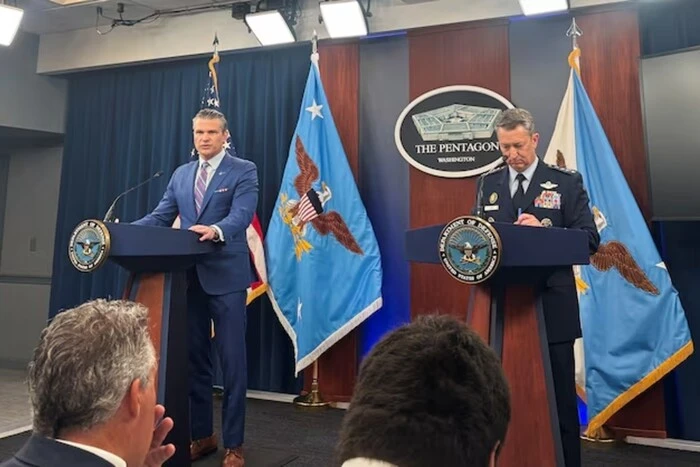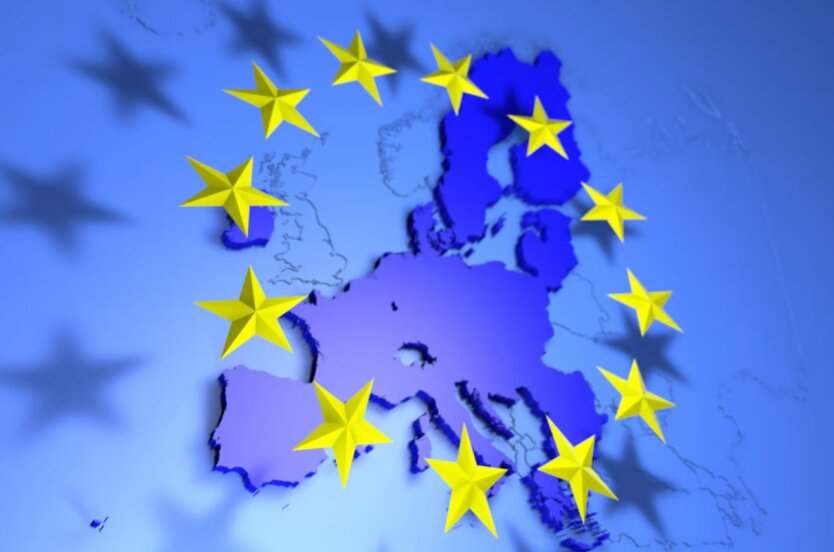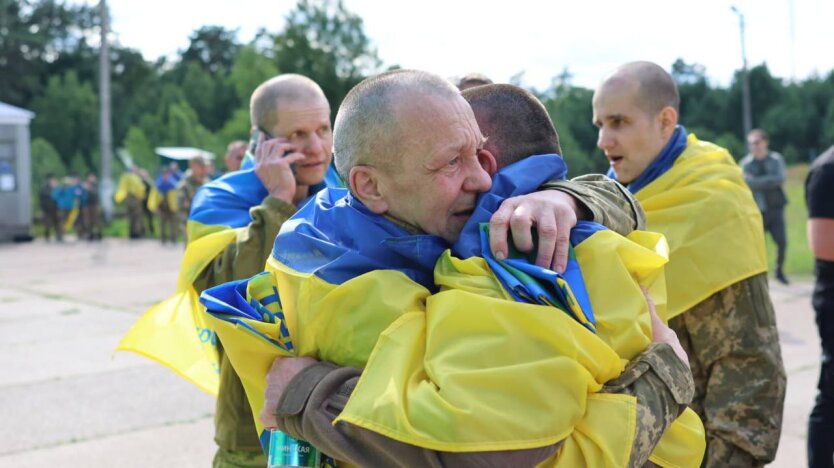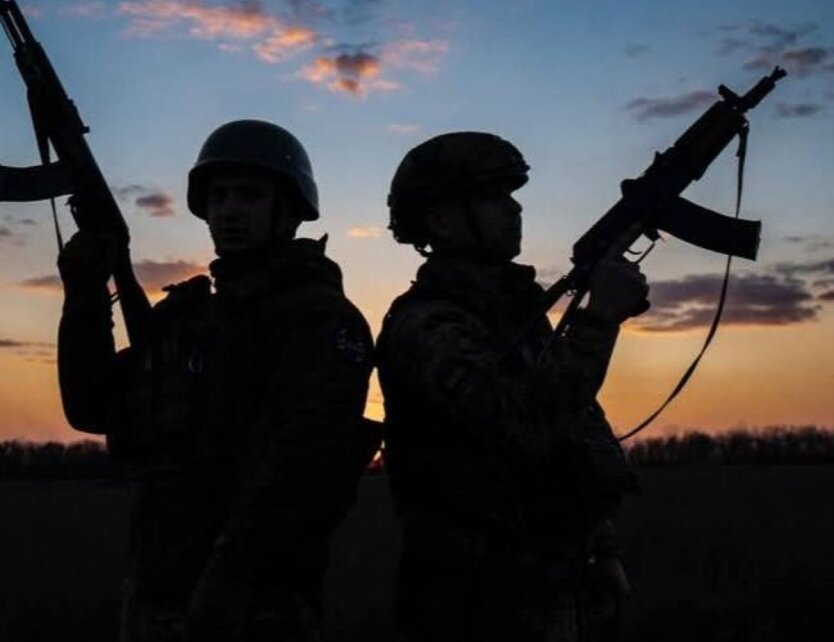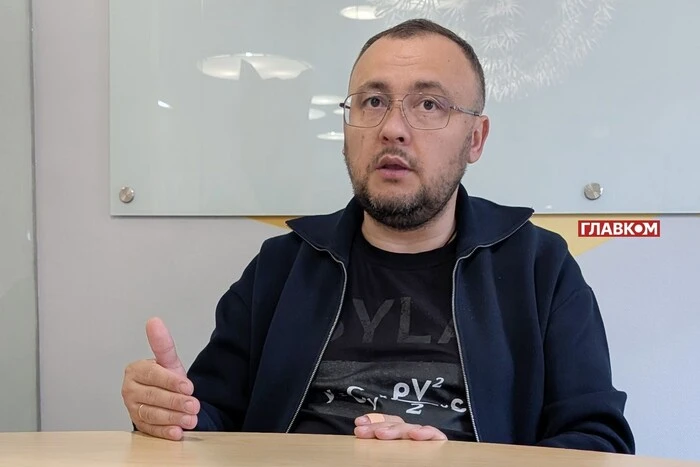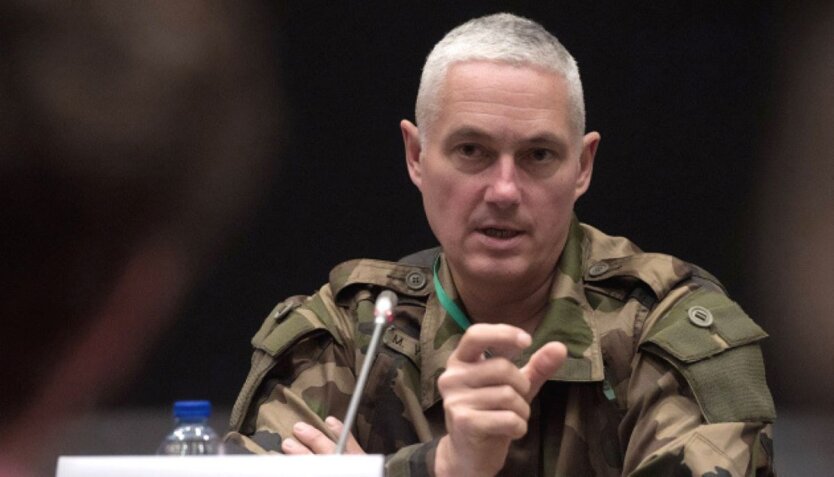G7 leaders made an important statement ahead of 1000 days of war in Ukraine.

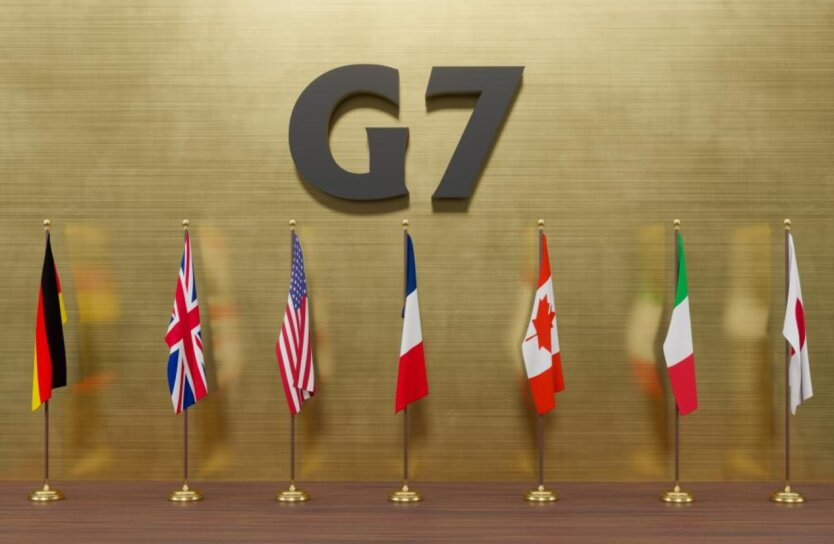
The leaders of the G7 support Ukraine in its fight against Russian aggression
The leaders of the G7 countries unanimously supported Ukraine ahead of the thousandth day of Russian aggression. The initiative was supported by the head of the G7 Council of Ministers, Italian Prime Minister Giorgia Meloni. This was announced on the official website g7italy.it.
We, the leaders of the Group of Seven (G7), reaffirm our unwavering support for Ukraine, for as long as it takes. We stand committed to supporting it in its fight for sovereignty, freedom, independence, territorial integrity, and recovery.
Moreover, the G7 acknowledged that the Russian aggression affects not only the Ukrainian people but also 'vulnerable people around the world.'
After 1000 days of war, we acknowledge the immense suffering endured by the people of Ukraine. Despite these hardships, Ukrainians have demonstrated unmatched resilience and determination in defending their land, culture, and people - stated the leaders of the G7 countries.
The G7 countries outlined plans to strengthen economic pressure on Russia through strict sanctions, export controls, and other effective measures, as the Russian Federation is the 'sole obstacle' to a fair and lasting peace.
It was also reported that the G7 is preparing a joint response with allies regarding military assistance to North Korea.
Read also
- The Pentagon responded to whether the States have information about Iran's hidden uranium stockpile
- EU Summit: What was decided regarding sanctions against the Russian Federation, negotiations with Ukraine on accession, and financial support
- Another stage of prisoner exchange: Ukrainians who had been in Russia for over three years have returned home
- Rear regions created a strategic reserve for the groupings 'Khortytsia' and 'Tavriya' - OP
- Who stopped the exhumation? Ambassador reported the details of the information diversion arranged by Russians in Poland
- NATO General Explains How the 'Korean Model' Could Work in Ukraine

